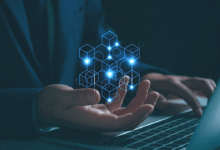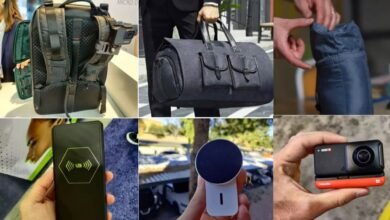15 Most popular Internet of Things technologies in 2023
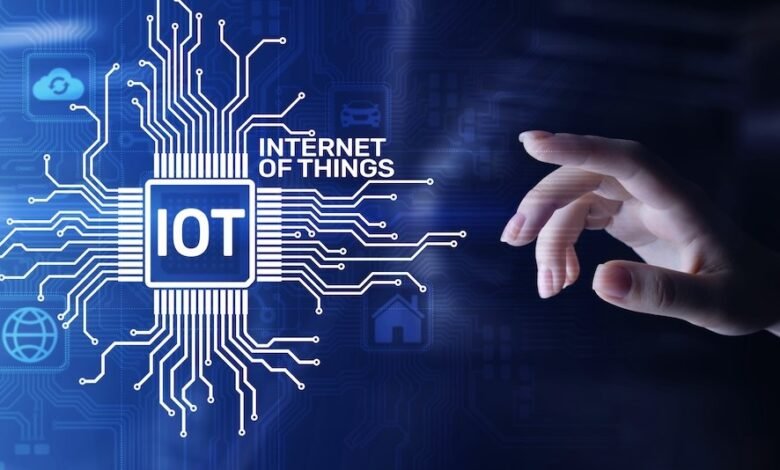
The Internet of Things (IoT) has emerged as a transformative technology, connecting various devices and enabling them to communicate and exchange data seamlessly. In 2023, the IoT landscape is witnessing remarkable advancements, with numerous innovative and popular IoT applications coming into play. This article highlights the 15 most popular Internet of Things technologies in 2023, showcasing their significance and impact on various sectors.
Through this comprehensive exploration, we aim to provide insights into the diverse applications of IoT, showcasing its potential for innovation, growth, and transformation. From the comfort of our homes to the industries that drive our economy, IoT has revolutionized the way we interact, work, and live. So, let’s dive into the world of IoT and discover the 15 most popular applications that are shaping our future.
Read more: Smart Homes: How Internet of Things Technology is Revolutionizing Our Living Spaces in 2023
Smart Home Devices
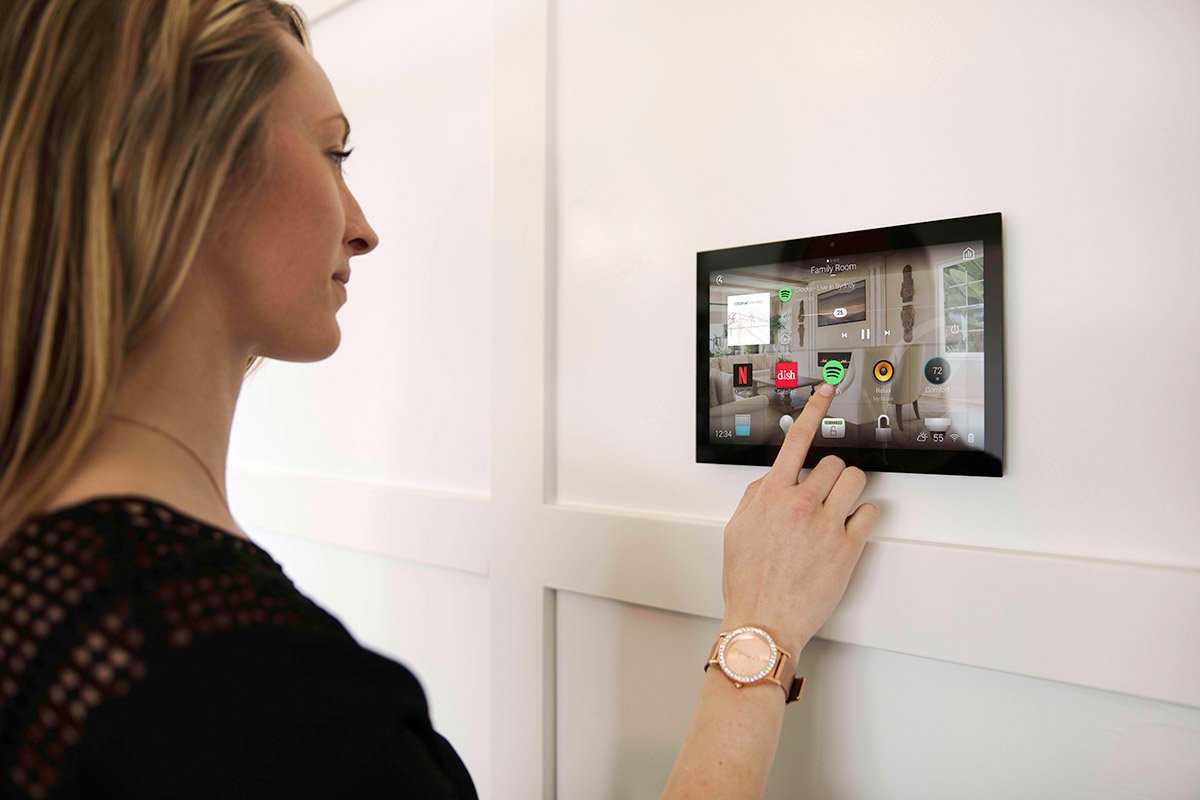
Smart home devices have become increasingly popular among homeowners. From voice-activated assistants to smart thermostats and security systems, these devices offer convenience, energy efficiency, and enhanced home security. In 2023, smart home devices continue to evolve, integrating advanced AI capabilities and providing seamless connectivity within homes.
Wearable Technology
Wearable technology has gained significant traction in recent years, and 2023 is no exception. From fitness trackers to smartwatches and augmented reality (AR) glasses, wearable devices have become an integral part of our lives. These devices monitor health parameters, track fitness activities, and provide real-time information, contributing to improved well-being and personalized experiences.
Industrial Internet of Things (IIoT)
The Industrial Internet of Things (IIoT) is revolutionizing the manufacturing and industrial sectors. In 2023, IIoT solutions enable factories to achieve higher levels of automation, optimization, and predictive maintenance. With the ability to collect and analyze vast amounts of data, IIoT enhances operational efficiency, reduces downtime, and enables predictive decision-making.
Connected Cars
Connected cars have witnessed significant advancements in recent years, and their popularity continues to soar in 2023. These vehicles are equipped with IoT technology, enabling seamless connectivity with other devices, infrastructure, and services. Connected cars offer enhanced safety features, real-time traffic updates, remote diagnostics, and entertainment options, making journeys more convenient and enjoyable.
Healthcare and IoT
IoT applications in healthcare have the potential to revolutionize patient care. In 2023, IoT-enabled devices and wearables monitor vital signs, track medication adherence, and provide remote patient monitoring. This technology improves healthcare outcomes, enables early detection of health issues, and facilitates personalized treatment plans.
Smart Cities
Smart city initiatives are gaining momentum worldwide. By leveraging IoT technology, cities can optimize resource management, reduce traffic congestion, and enhance public safety. In 2023, IoT-powered sensors and networks enable efficient waste management, intelligent transportation systems, and improved energy usage, making urban areas more sustainable and livable.
Agriculture and IoT
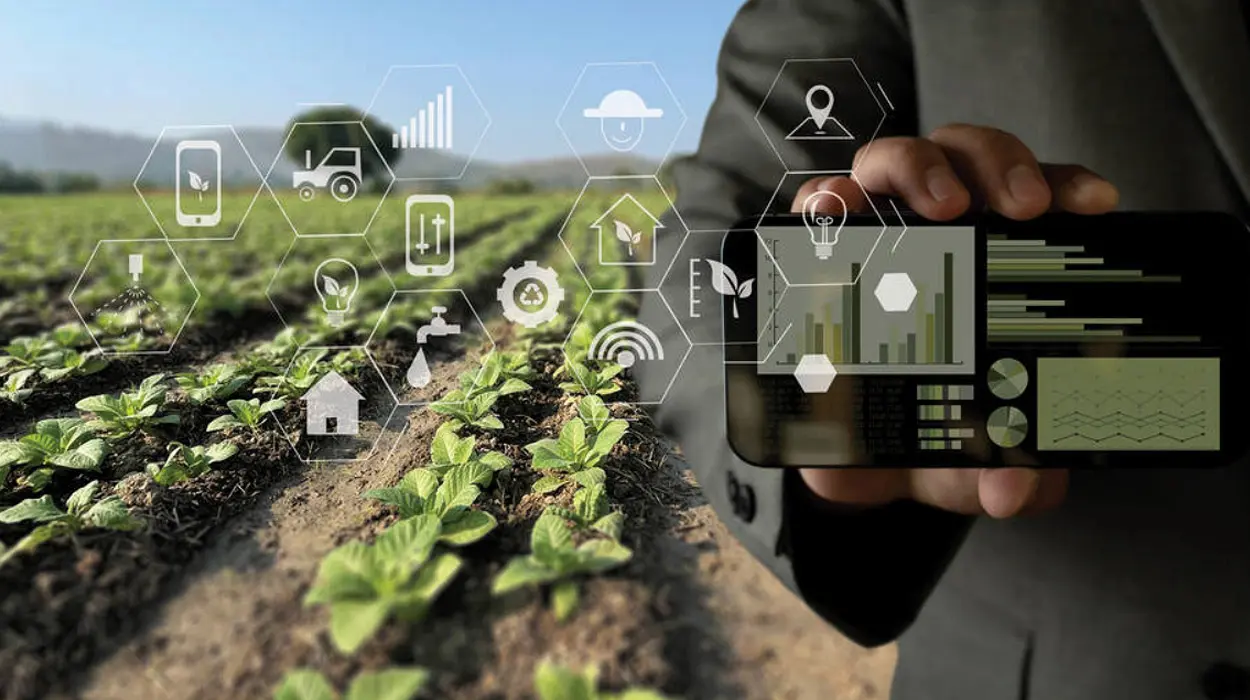
IoT solutions have transformed agriculture by enabling precision farming and optimizing crop yields. In 2023, farmers utilize IoT sensors to monitor soil moisture, temperature, and crop health. This data-driven approach enhances productivity, minimizes resource wastage, and promotes sustainable farming practices.
Energy Management
IoT-enabled energy management systems are playing a vital role in optimizing energy consumption. In 2023, smart meters, connected appliances, and energy monitoring devices help individuals and businesses track and manage their energy usage efficiently. This leads to reduced costs, improved sustainability, and increased awareness of energy conservation.
Retail and IoT
The retail industry has embraced IoT to provide seamless shopping experiences and streamline operations. In 2023, IoT-powered inventory management systems, smart shelves, and personalized marketing solutions enhance customer experiences and enable efficient supply chain management. Retailers leverage IoT data analytics to gain valuable insights into consumer behavior and preferences.
Security and Privacy Challenges
With the widespread adoption of IoT, security and privacy challenges have become more prominent. In 2023, efforts are focused on ensuring robust security measures, including end-to-end encryption, authentication protocols, and regular software updates. Privacy concerns are addressed through transparent data usage policies and consent-driven practices, safeguarding user information.
Blockchain and IoT
Blockchain technology has the potential to enhance IoT security and trust. In 2023, the combination of blockchain and IoT enables decentralized data management, tamper-proof records, and secure peer-to-peer transactions. This synergy creates new possibilities for industries such as supply chain management, healthcare, and logistics.
Artificial Intelligence and IoT
The integration of Artificial Intelligence (AI) with IoT technologies opens up new frontiers of innovation. In 2023, AI-powered IoT devices can analyze data in real-time, automate processes, and make intelligent decisions. This combination empowers applications like smart assistants, autonomous vehicles, and predictive maintenance systems.
Environmental Monitoring
IoT plays a crucial role in monitoring and managing environmental factors. In 2023, IoT sensors and networks facilitate real-time monitoring of air quality, water pollution, and weather conditions. This data-driven approach enables proactive measures to mitigate environmental risks and supports sustainable resource management.
Future Trends and Outlook
Looking ahead, the future of IoT appears promising. Rapid advancements in edge computing, 5G connectivity, and AI are expected to drive further innovation and expansion of the IoT ecosystem. As IoT technologies become more accessible and affordable, we can anticipate increased adoption across industries, fostering a connected world.
Read more: Top 13 IoT Trends Shaping the Future of Technology in 2023
Conclusion
In conclusion, the Internet of Things (IoT) continues to revolutionize the way we live, work, and interact with the world around us. In 2023, we witness the rise of popular IoT applications such as smart home devices, wearable technology, connected cars, and industrial IoT solutions. The healthcare, agriculture, energy management, and retail sectors are also leveraging IoT to drive efficiency and enhance user experiences. While security and privacy challenges persist, advancements in blockchain, AI, and data protection contribute to addressing these concerns. As we look to the future, IoT holds immense potential for further growth and transformative impact across various industries.
FAQs
Are all IoT devices connected to the internet?
While most IoT devices are designed to connect to the internet, there are also instances where devices communicate through local networks without direct internet connectivity.
How does IoT improve energy efficiency in buildings?
IoT-enabled energy management systems in buildings can monitor and control energy usage, optimize HVAC systems, and provide real-time insights to reduce energy waste and increase efficiency.
Can IoT devices be hacked?
Like any connected technology, IoT devices can be vulnerable to hacking. However, implementing robust security measures and keeping devices up to date with the latest firmware can mitigate risks.
What are the privacy concerns associated with IoT?
Privacy concerns in IoT include the collection and use of personal data, potential unauthorized access to sensitive information, and the risk of data breaches. Transparent data usage policies and encryption methods help address these concerns.
How is IoT transforming the transportation industry?
IoT technology enables real-time vehicle tracking, predictive maintenance, and efficient fleet management in the transportation industry. Connected cars and smart traffic systems also contribute to improved safety and reduced congestion.

